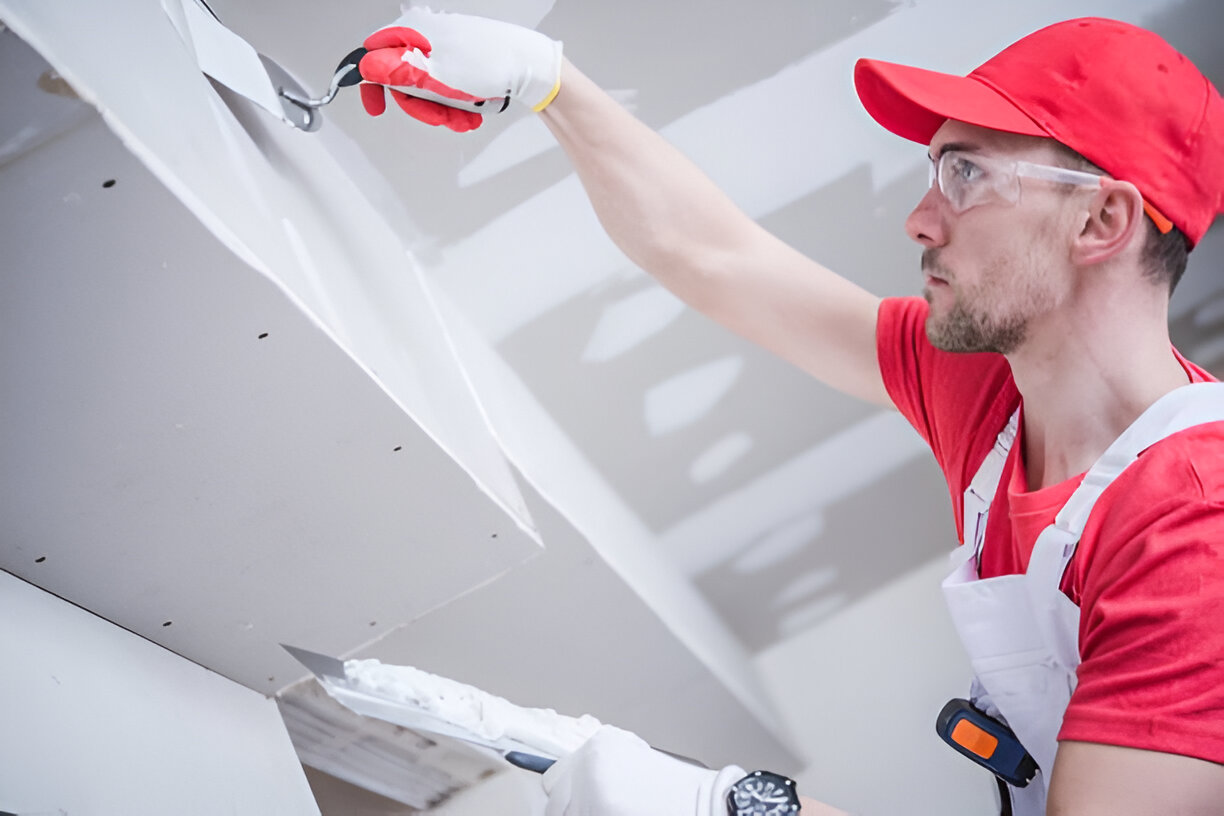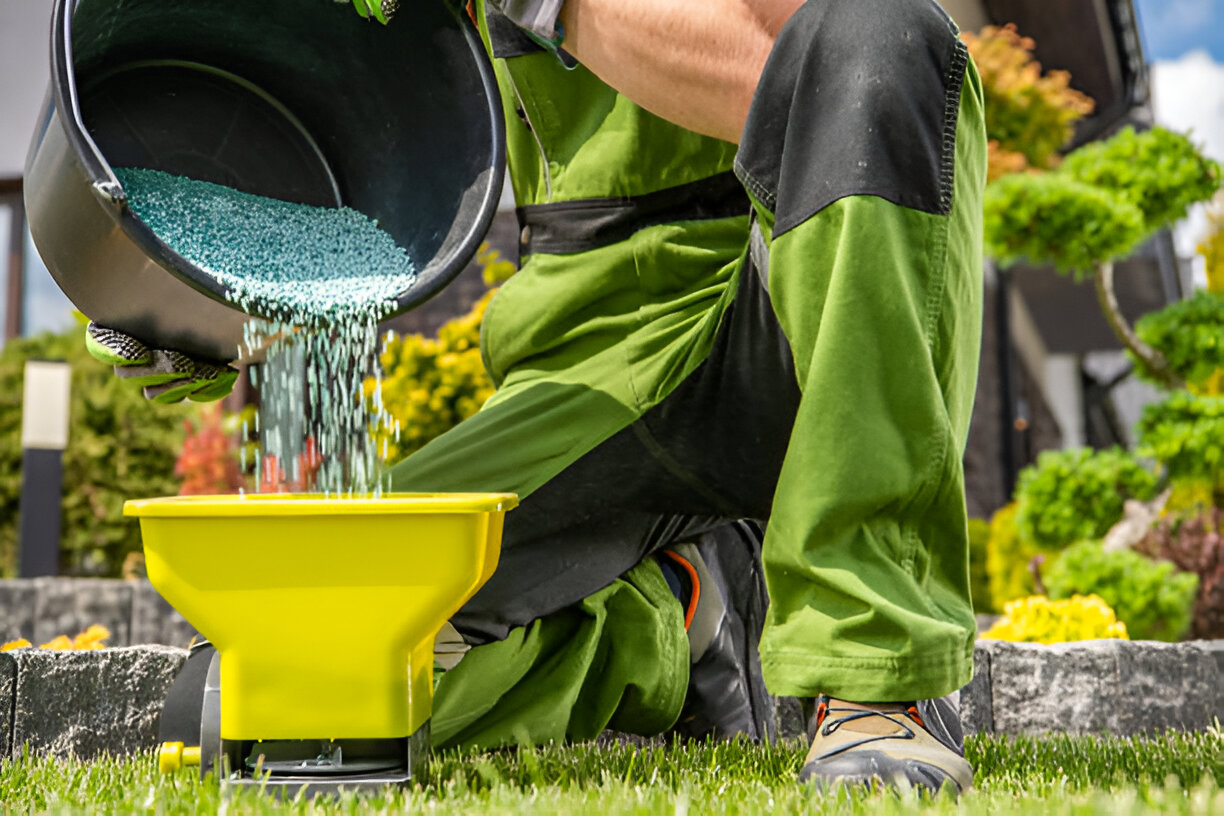How Can You Apply a Venetian Plaster Wall Finish?
Contents
Venetian plaster is a traditional wall finish that has been used for centuries in Italy. It is a decorative technique that creates a polished, smooth, and marble-like finish on walls. You can get the best Venetian plaster tools and materials from Evoke by visiting their showroom or their website.

Image Credit: https://www.istockphoto.com/photo/construction-worker-finishing-a-drywall-gm640354520-115962053
Here are the steps to apply Venetian plaster for the wall finish –
Step 1: Prepare the wall
Before you begin, make sure that the wall is clean, dry, and free from any debris or loose paint. If necessary, fill in any holes or cracks with spackle and sand the wall until it is smooth.
Step 2: Apply a base coat
Apply a base coat of plaster using a trowel or a roller. This is usually a coarser plaster that will provide a base for the final coat. Make sure the base coat is applied evenly and allow it to dry completely before moving on to the next step.
[irp posts=”487″ ]
Step 3: Apply the Venetian plaster
Apply the Venetian plaster in thin layers using a trowel or a spatula. Start at the top of the wall and work your way down, applying the plaster in a random pattern. It is important to work quickly and keep the plaster wet as you work to avoid streaks or lines.
Step 4: Trowel and polish the plaster
Once you have applied the plaster, use a trowel or a spatula to smooth and level the surface. Allow the plaster to dry slightly, then use a damp sponge to gently polish the surface in a circular motion. This will create a smooth, marble-like finish.

Image Credit: https://www.istockphoto.com/photo/construction-worker-doing-finishing-a-ceiling-gm640068406-115727745
Step 5: Apply a second coat (optional)
If desired, you can apply a second coat of Venetian plaster to create a more pronounced texture. Apply the second coat in the same way as the first, making sure to work quickly and keep the plaster wet.
Step 6: Seal the plaster
Once the plaster is completely dry, you can apply a sealer to protect the surface and enhance the shine.
There are many different types of sealers available, so be sure to choose one that is appropriate for your specific type of plaster.
Tips for applying Venetian plaster:
- Always work in small sections to avoid drying out the plaster.
- Keep a wet edge as you work to avoid lines or streaks.
- Experiment with different techniques to create a unique finish, such as swirling or feathering the plaster.
- Use a variety of tools, such as trowels, spatulas, and sponges, to achieve different textures and effects.
- Practice on a small area before tackling a larger project to get a feel for the technique.
It is important to work quickly and keep the plaster wet while applying it in thin layers using a trowel or spatula. Once the plaster is dry, you can use a damp sponge to polish the surface and create a smooth finish. Seal the plaster once it is completely dry to protect the surface.

Image Credit: https://www.istockphoto.com/photo/residential-drywall-patching-gm916274532-252140663
Conclusion
In conclusion, applying a Venetian plaster wall finish requires careful preparation, patience, and attention to detail.
By following these steps and tips, you can create a beautiful, polished, and marble-like finish that will enhance the look of any room in your home or business













Post Comment